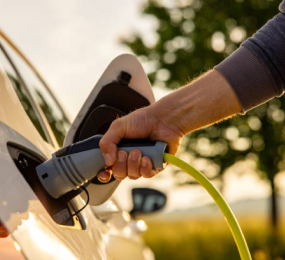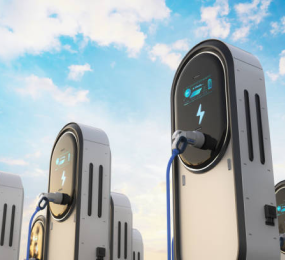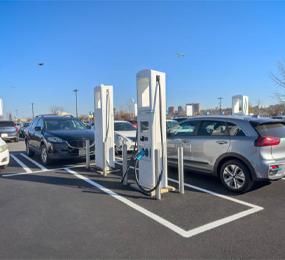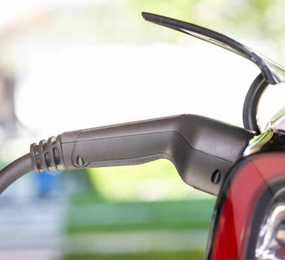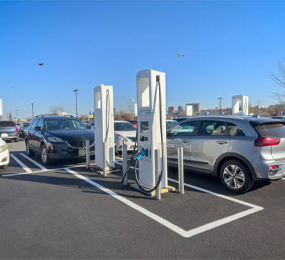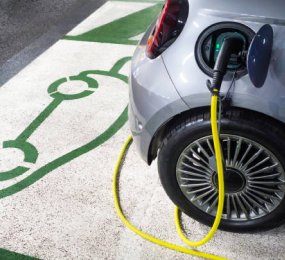Local Manufacturing vs. Importing: Building Africa's E-Mobility Ecosystem
Africa stands at a crossroads in its transportation future. While the potential of e-mobility is immense, the continent faces a critical decision: prioritize local manufacturing or rely heavily on imports?
Local manufacturing offers several advantages. It fosters job creation and skills development within Africa, reducing reliance on external labor. Additionally, local production can be tailored to specific African needs and conditions, such as rugged terrain and varying energy grids. Furthermore, it can contribute to the development of a local supply chain for components, fostering innovation and technological advancement.
However, local manufacturing faces challenges. High initial investment costs, limited access to technology and expertise, and potential competition from established global manufacturers pose significant hurdles.
Importing, on the other hand, offers quicker access to established technologies and vehicles. This can accelerate the adoption of e-mobility and provide consumers with a wider range of choices. However, heavy reliance on imports can limit job creation, stifle local innovation, and increase vulnerability to global supply chain disruptions.
The ideal path likely lies in a balanced approach. Strategic partnerships with global manufacturers, technology transfer initiatives, and targeted government support for local manufacturing can help Africa build a robust e-mobility ecosystem. This approach can leverage the benefits of both local production and access to global expertise, ensuring a sustainable and inclusive transition to electric mobility.
Visit our website to know more: https://www.leadventgrp.com/events/e-mobility-and-infrastructure-africa-summit/details
For more information and group participation, contact us: [email protected]
Leadvent Group - Industry Leading Events for Business Leaders!
www.leadventgrp.com| [email protected]


